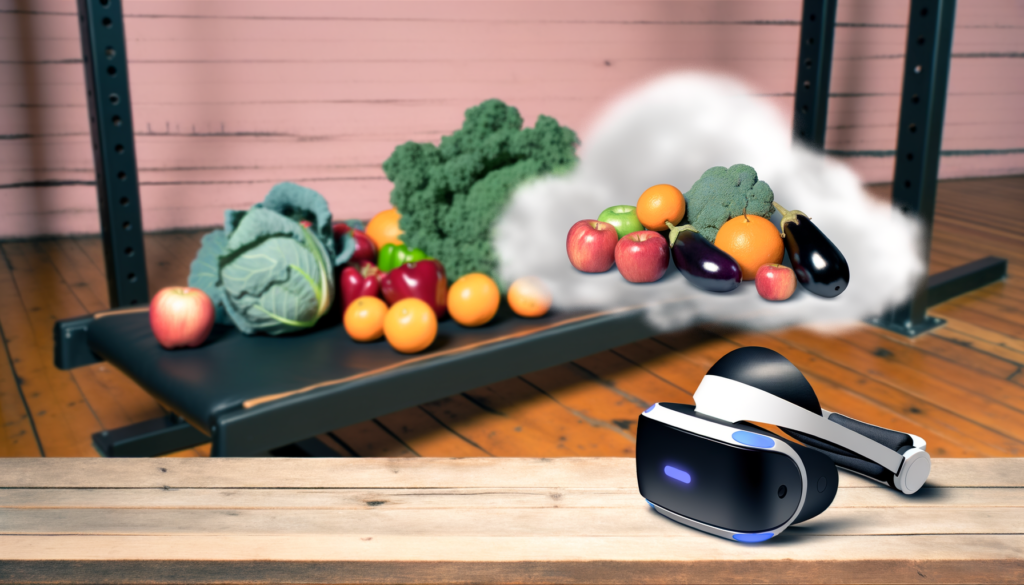Optimizing Your Calorie Intake for Stronger Bones and Osteoporosis Prevention
Maintaining strong and healthy bones is a crucial aspect of overall health, and it involves a combination of a well-balanced diet, regular physical activity, and mindful calorie intake. Here’s a comprehensive guide on how to optimize your calorie intake to support bone health and prevent osteoporosis.
The Role of Calories in Bone Health
Adequate calorie intake is essential for maintaining bone density. Diets that provide too few calories can lead to reduced bone density, even when combined with resistance exercise. For instance, studies have shown that diets providing fewer than 1,200 calories per day can result in lower bone density in individuals of all weight categories.
To build and maintain strong bones, it is recommended to follow a well-balanced diet that provides at least 1,200 calories per day. This ensures that your body has the necessary energy and nutrients to support bone health.
Calcium: The Cornerstone of Bone Health
Calcium is a critical nutrient for bone health. Your body cannot produce calcium on its own, so it must be obtained through diet or supplements. Foods rich in calcium include dairy products, almonds, broccoli, kale, canned salmon with bones, sardines, and soy products like tofu.
- For adults ages 19 to 50 and men ages 51 to 70, the RDA is 1,000 milligrams (mg) per day.
- For women age 51 and older and for men age 71 and older, the recommendation increases to 1,200 mg per day.
Vitamin D: The Calcium Absorption Catalyst
Vitamin D is vital for the absorption of calcium in the body. Good sources of vitamin D include oily fish like salmon, trout, and tuna, as well as mushrooms, eggs, and fortified foods such as milk and cereals. Sunlight exposure also contributes to the body’s production of vitamin D.
- 600 international units (IUs) per day for adults ages 19 to 70.
- 800 IUs per day for adults age 71 and older.
The Importance of Protein in Bone Health
Protein is a significant component of bone tissue, making up about 50% of bone mass. Adequate protein intake is crucial for maintaining bone density. Studies have shown that higher protein intake can help protect bone health during aging and weight loss. For example, a study found that postmenopausal women who consumed higher amounts of protein had lower risks of forearm fractures and higher bone density in the hip, spine, and total body.
However, it is important to balance protein intake with adequate calcium and plant foods to avoid any potential negative effects on bone health. Consuming up to 100 grams of protein daily, balanced with plenty of plant foods and adequate calcium, does not leach calcium from bones.
Physical Activity and Bone Health
In addition to a balanced diet, regular physical activity is essential for maintaining strong bones. Weight-bearing and resistance training exercises can help increase bone formation during bone growth and protect bone health in older adults, including those with low bone density.
Activities such as walking, running, and weightlifting can help strengthen bones by stimulating bone remodeling and increasing bone density.
Nutritional Balance Beyond Calcium and Protein
A well-rounded diet that includes a variety of nutrients is crucial for overall bone health. Here are some key nutrients and food groups to focus on:
Fruits, Vegetables, and Whole Grains
Eating foods that are low in calories and fat but high in fiber and vitamins can help protect your bones. Whole grains, fruits, and vegetables are rich in magnesium, potassium, and vitamin C, which are important for bone health.
Healthy Fats
Including monounsaturated fats found in nuts, olive oil, and seeds, as well as omega-3 fatty acids from cold water fish, can provide essential nutrients like eicosapentaenoic acid (EPA) and docosahexaenoic acid (DHA) that support overall health.
Limiting Processed Foods
Processed foods often contain harmful additives like phosphorus, which can interfere with calcium absorption. Limiting foods high in sugar and salt is also important, as they offer little nutritional value and can negatively impact blood pressure and calcium excretion.
Moderate Alcohol Consumption
Alcohol consumption can negatively impact bone health by reducing the body’s ability to absorb calcium. It is recommended to drink in moderation: one drink a day for adults older than 65 and no more than two drinks a day for men 65 and younger. Women should be particularly cautious, as excessive alcohol consumption can hasten bone loss.
Real-World Examples and Case Studies
Case Study: Protein Intake and Bone Density
A one-year study involving women on a calorie-restricted diet found that those who consumed 86 grams of protein daily lost less bone mass from their arm, spine, hip, and leg areas compared to those who consumed 60 grams of protein per day. This highlights the importance of adequate protein intake in preserving bone mass during weight loss.
Case Study: Calcium and Vitamin D Supplementation
A study on postmenopausal women showed that those who received calcium and vitamin D supplements had significantly higher bone density and lower risks of fractures compared to those who did not receive these supplements. This underscores the critical role of calcium and vitamin D in maintaining bone health.
Using Tools for Calorie Optimization
To ensure you are meeting your calorie and nutrient needs, using tools like the Calorie Calculator Cloud can be highly beneficial. This tool helps you calculate your daily calorie requirements based on your age, gender, weight, and activity level, ensuring you are optimizing your diet for bone health.
Additionally, understanding the Calorie Calculator Plans can help you tailor your diet to your specific needs, whether you are looking to maintain weight, lose weight, or gain muscle.
Conclusion and Next Steps
Maintaining strong bones and preventing osteoporosis require a multifaceted approach that includes a balanced diet, regular physical activity, and mindful calorie intake. By focusing on adequate calorie consumption, ensuring sufficient calcium and vitamin D intake, and incorporating a variety of nutrients into your diet, you can significantly support your bone health.
If you are concerned about your bone health or risk factors for osteoporosis, consulting with your doctor and possibly undergoing a bone density test can provide valuable insights. By taking proactive steps and using tools like the Calorie Calculator Cloud, you can optimize your calorie intake and set yourself on the path to stronger, healthier bones.
Remember, a well-balanced diet and regular physical activity are key components of a healthy lifestyle. For more detailed guidance on nutrition and fitness, consider exploring resources from reputable health organizations such as the Healthline, MedlinePlus, and the Mayo Clinic.








